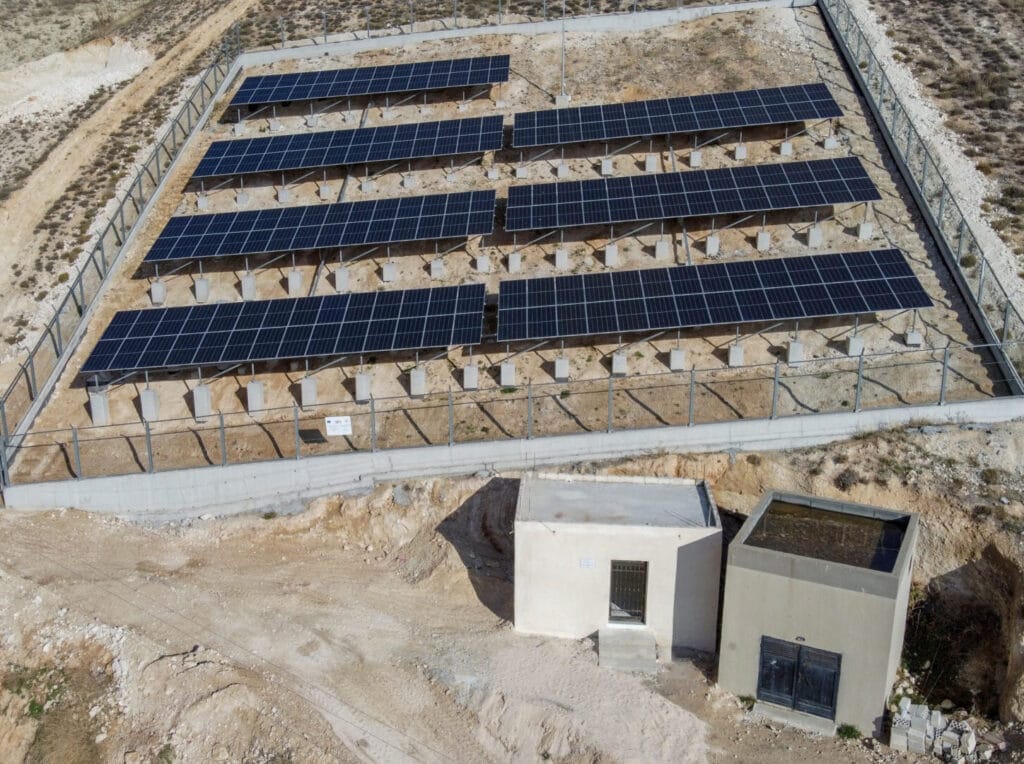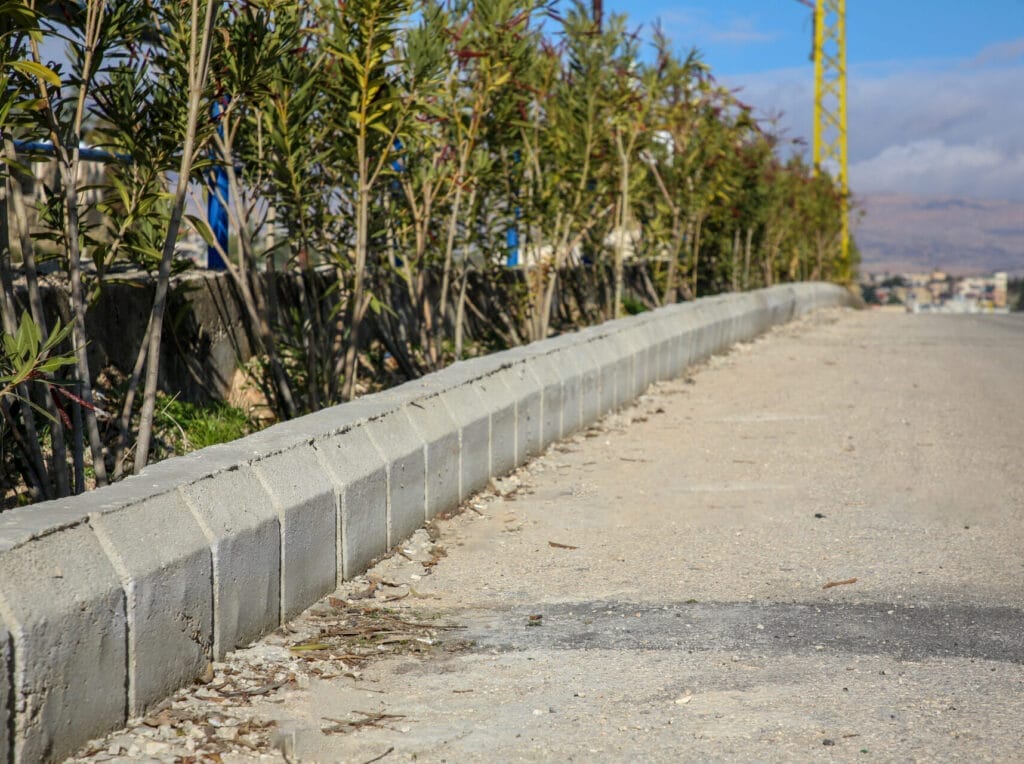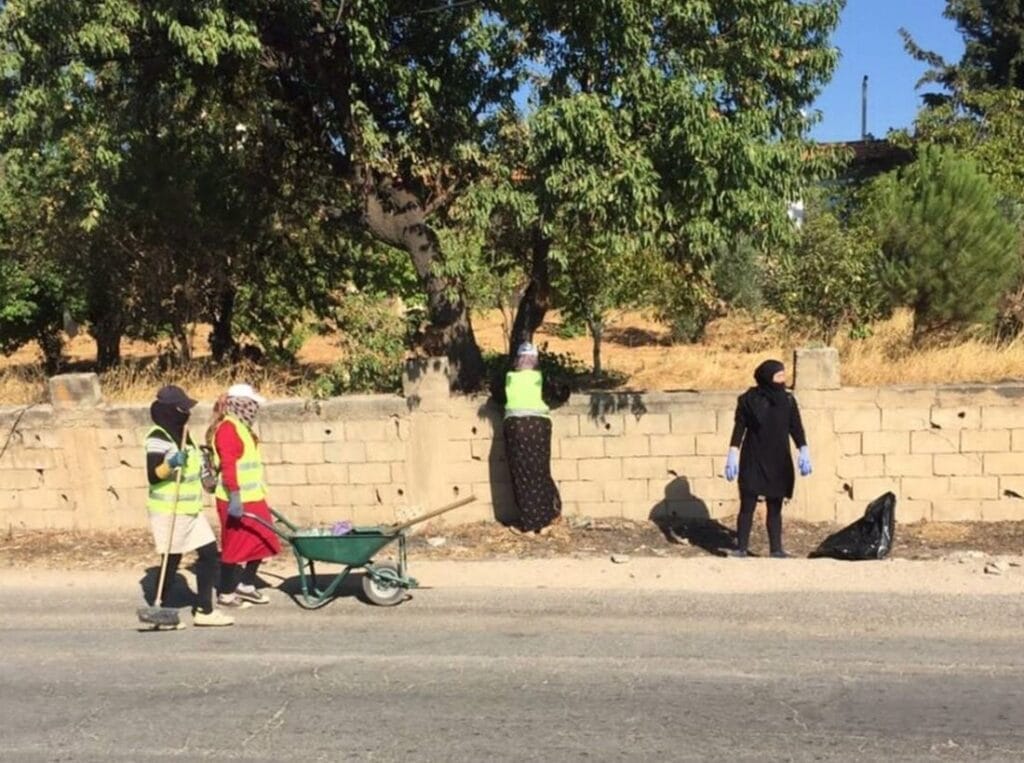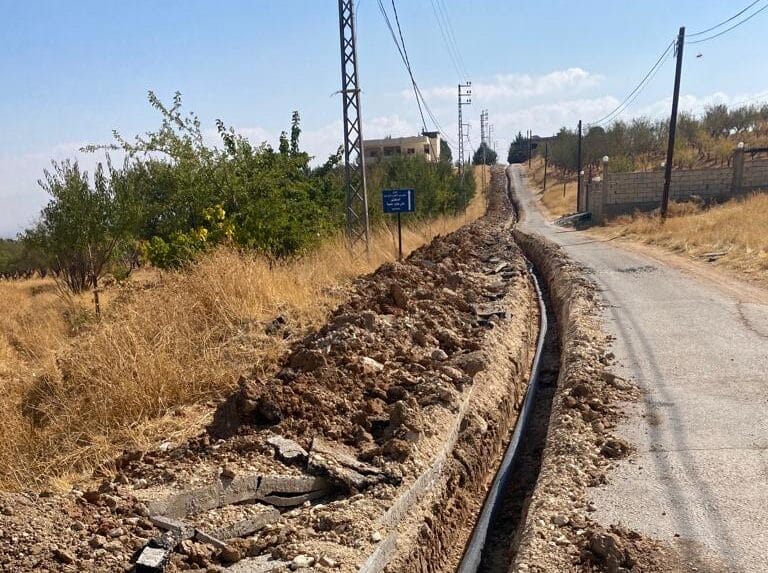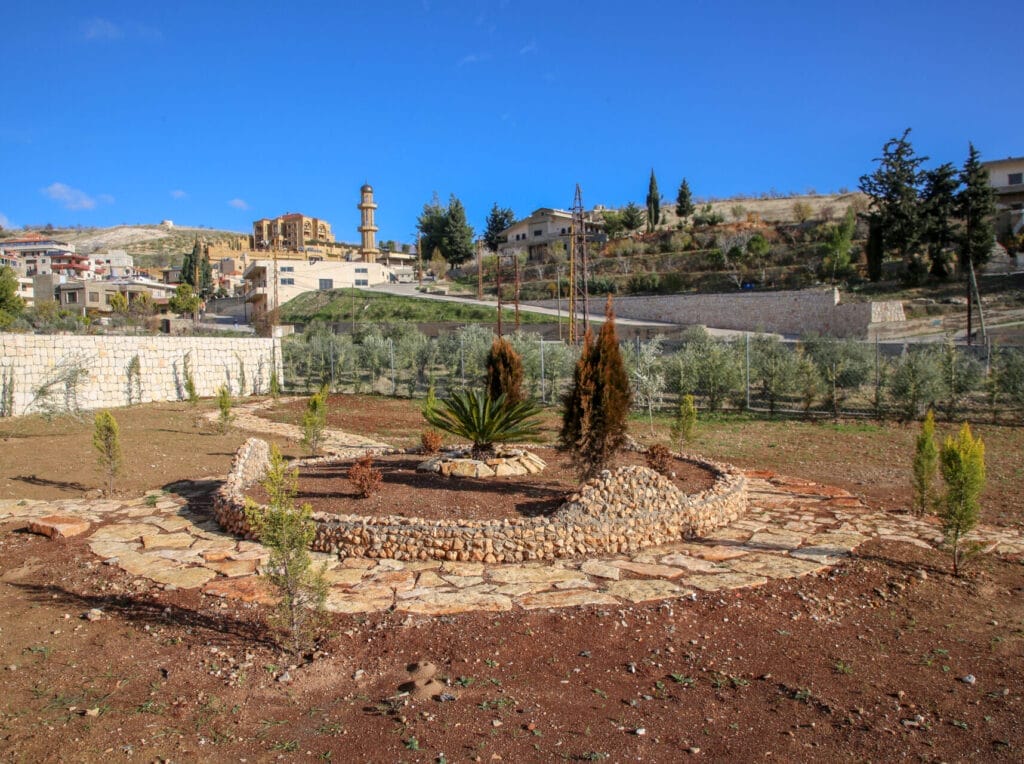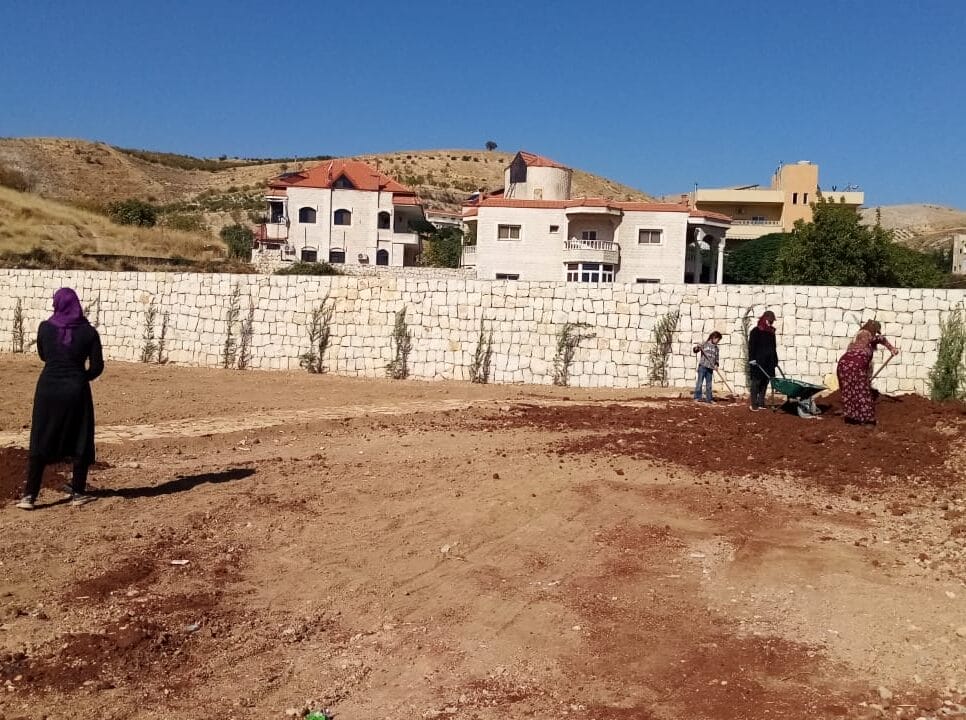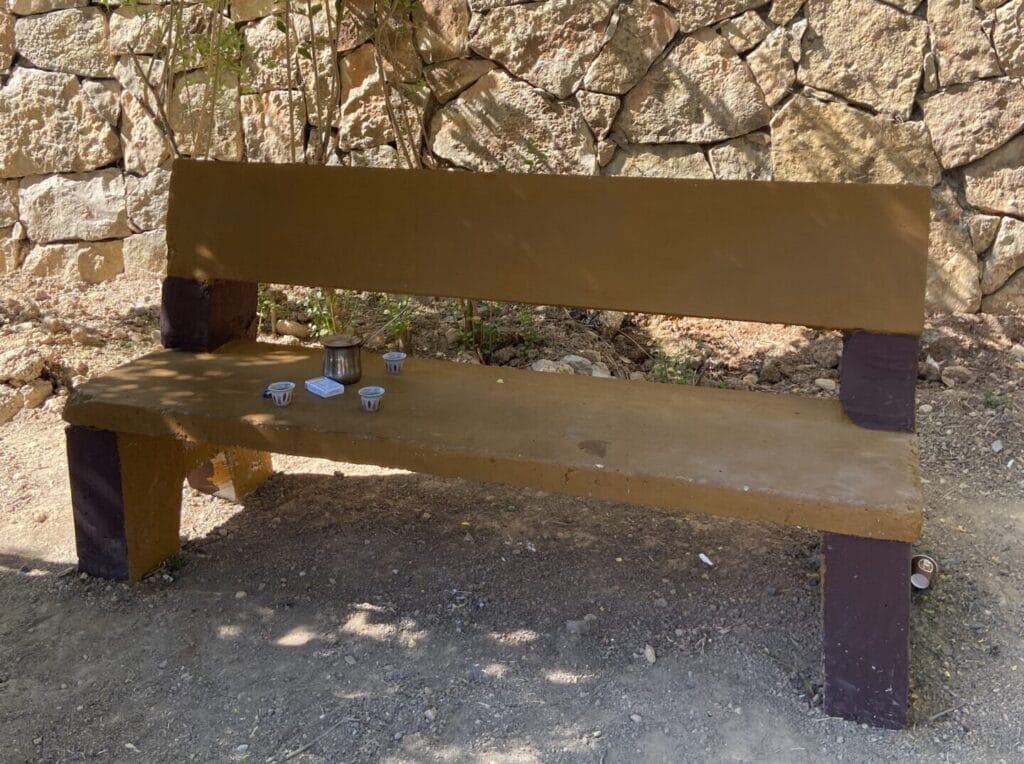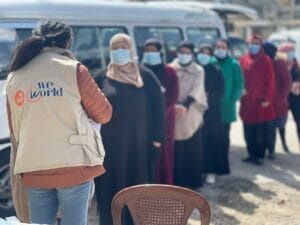
Since 2019, Lebanon has been facing a multi-sectoral crisis, exacerbated by regional geopolitical tensions and events such as the Covid-19 pandemic and the 2020 explosion in the port of Beirut. These circumstances highlight and intensify structural dysfunctions and inequalities within the country. During the last few years the GDP has plummeted, while inflation and unemployment rates, especially among women and youth, have significantly increased (Inter-Agency Livelihoods Sector Chapter, 2023).
It is estimated that in 2021, more than half of the population in Lebanon lived below the poverty line, and more recent studies estimate a further 9% increase (Lebanon Crisis Response Plan, 2023). All these factors contribute to a persistent socio-economic instability, undermining the population's ability to recover and polarizing social inequalities.
The project "Improving public infrastructure and protecting environmental heritage in times of crisis: temporary employment opportunities (Cash-for-Work) and social stability in three vulnerable municipalities in the West Baalbek area," funded by the Italian Agency for Cooperation and Development (AICS), is part of the International Community and WeWorld's intervention strategy in Lebanon. It aims at strengthening social cohesion, increasing livelihood opportunities, and consolidating the resilience of the local and refugee population.
The Cash-for-Work project activities in the municipalities of Beit Chema Akidiyye, Shmistar, and Taraya - in the Bekaa Valley - have provided temporary employment opportunities to the most vulnerable groups among men and women (Lebanese and refugees), who received financial support for their contribution to the reconstruction and rehabilitation of public spaces in the above-mentioned municipalities.
The implementation of activities was enabled through a close collaboration with the Ministry of Social Affairs (MoSA), which selected the beneficiaries among the applications received in the three municipalities: 386 in Shmestar, 180 in Taraya, and 157 in Beit Chama. During the implementation period, MoSA ensured regular visits to the intervention sites to ensure proper follow-up of the workers and their families by assessing their needs and referring a total of 451 identified cases to the relevant institutions.
The activities focused on the preservation of environmental and cultural heritage, such as the rehabilitation of the ancient Hamda spring in Shmistar, or the restoration and pruning activities along roads and public spaces (schools, mosques, cemeteries, and parks). Environmental redevelopment activities covered a total of 43 km of public roads throughout the three municipalities.
In the municipality of Taraya, the work focused on the rehabilitation of the water network by maintaining and expanding the aquifer conduits, providing access to safe water for a total of 160 families. Overall, the maintenance of the entire water system (including its main components such as springs, wells, valves, and secondary water networks) have led to an improved water access for all the three involved municipalities, benefiting around 46,000 residents - including Lebanese and Syrian individuals.
Further initiatives focused on the rehabilitation and construction of public recreational spaces, fostering social cohesion and interaction. An example is the construction and rehabilitation of public gardens and of areas adjacent to water sources in Beit Chema Akidiyye and Taraya, now available and accessible for the entire community.
Finally, in collaboration with the local NGO Nahnoo, a Local Development Plan was outlined for the Municipality of Shmistar. This was achieved through a participatory approach involving consultations within the local community, to assess key socio-economic elements (production activities, MPMI, organizations, and civil society engagement) and aimed at setting priorities for achieving sustainable and inclusive development within the Municipality, in the medium to long term.
The project engaged 375 workers who contributed to the rehabilitation and construction of infrastructures for the municipalities’ development, thereby leading to an overall improvement in the urban and peri-urban environment.


